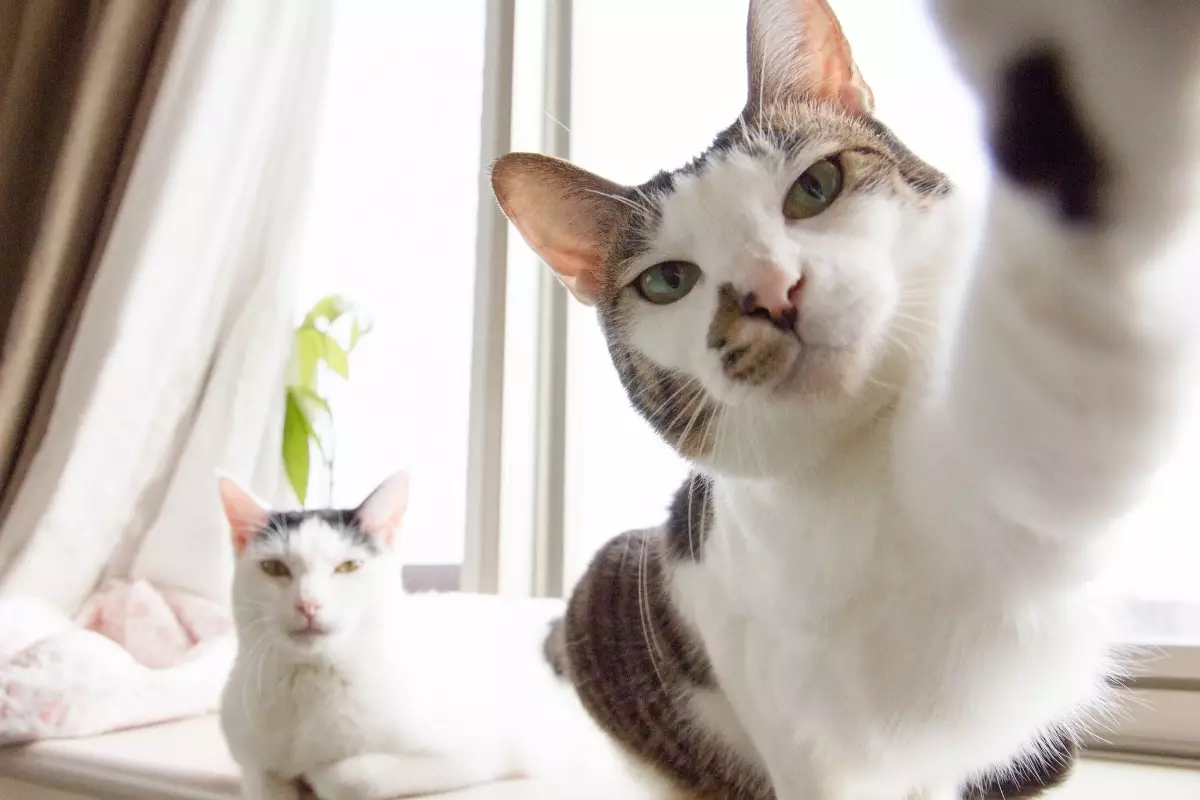Understanding our pets can be both an intriguing and enlightening journey. Feline companions, with their quirky behaviors, often leave us pondering their intentions. One of the most common yet perplexing habits is their tendency to knock objects over, whether it be a cherished coffee mug or an important document. This article explores the reasons behind this seemingly mischievous behavior and offers insights into how we can better cater to our cats’ natural instincts.
At the core of a cat’s nature is an instinctual drive to hunt. The act of knocking items off surfaces often mimics the techniques they would use when stalking prey in the wild. By pushing objects off tables or counters, cats practice their pouncing and swatting abilities, effectively sharpening their skills. This form of play is not merely destructive; it is vital for their mental and physical engagement. By providing them an outlet to practice these instincts, we can keep them healthier and more fulfilled.
Exploratory Behavior
Cats are inherently curious animals, and their exploration of the world around them often involves touch. When they bat at objects, they are not only stretching their paws but also gathering sensory information about weight, movement, and texture. This tactile exploration is essential, especially in environments where they encounter new stimuli. As they interact with different items, they satisfy their curiosity and gain a better understanding of their surroundings. Encouraging this behavior in a more structured way, such as with designated toys, can shift their focus away from your breakables.
Attention-Seeking Activities
Another significant reason behind a cat’s penchant for knocking things over is the desire for attention. Cats thrive on interaction, and if they feel ignored or neglected, they may resort to more dramatic methods to capture your gaze. The sound of a crashing item is a surefire way to get you to engage, whether it leads to positive reinforcement or a scolding. Although it’s easy to respond negatively, giving your cat attention and engaging them in play upon noticing their antics can redirect this behavior toward a more constructive outlet.
Playfulness and Boredom
Cats are naturally playful creatures and require mental stimulation to alleviate boredom. In a quiet household, an absence of engaging activities can push a cat to improvise their entertainment by knocking over household items. This behavior serves as an outlet for their excess energy and provides a source of stimulation. Incorporating various interactive toys and regularly engaging in play sessions can significantly reduce their desire to use your belongings as toys, ultimately leading to a calmer household.
Interestingly, cats also use their paws as a means of communication. They possess scent glands in their paws, and knocking things over can serve as a way to mark their territory. By moving items, they assert their presence within a space, making it clear to other animals that they occupy the area. Understanding this behavior can help create a more harmonious environment for your cat and any other pets in the home.
Curiosity and Novelty
Cats are naturally drawn to new and interesting objects; their inquisitive nature compels them to explore. When they encounter something unfamiliar, their instinct is to investigate, often resulting in items being knocked about as they assess their purpose and function. This behavior underscores the importance of providing diverse stimuli in their environment to satisfy their curiosity without resorting to household destruction.
Stress and Emotional Well-being
While many cats engage in knocking behavior purely for fun or exploration, it can also indicate underlying stress or anxiety. In such cases, knocking things over may serve as a coping mechanism to manage their emotions. Recognizing stressors in their environment and addressing them can help mitigate these behaviors. Providing a safe, secure, and enriched living space is critical for promoting emotional well-being in your feline companion.
Reinforcement of Behavior
Finally, it is important to note that if cats have been previously rewarded—either with attention or play—after knocking something over, they may continue the behavior as a learned response. Cats are adept at understanding cause-and-effect relationships, and repeated behavior often stems from past reinforcement. Thus, it is crucial to establish positive and constructive interactions that redirect their attention away from your valuables and toward more suitable play items.
Understanding why cats have a tendency to knock things over can enhance the bond you share with them. By recognizing their natural instincts and addressing their needs for attention, interaction, and stimulation, we can create a harmonious environment that caters to their behavioral tendencies, leading to a happier and more fulfilled feline friend.

